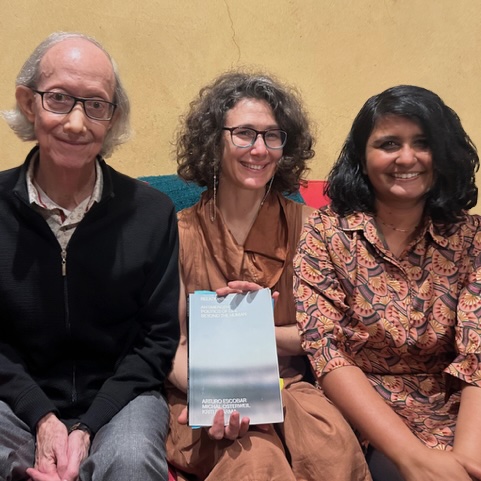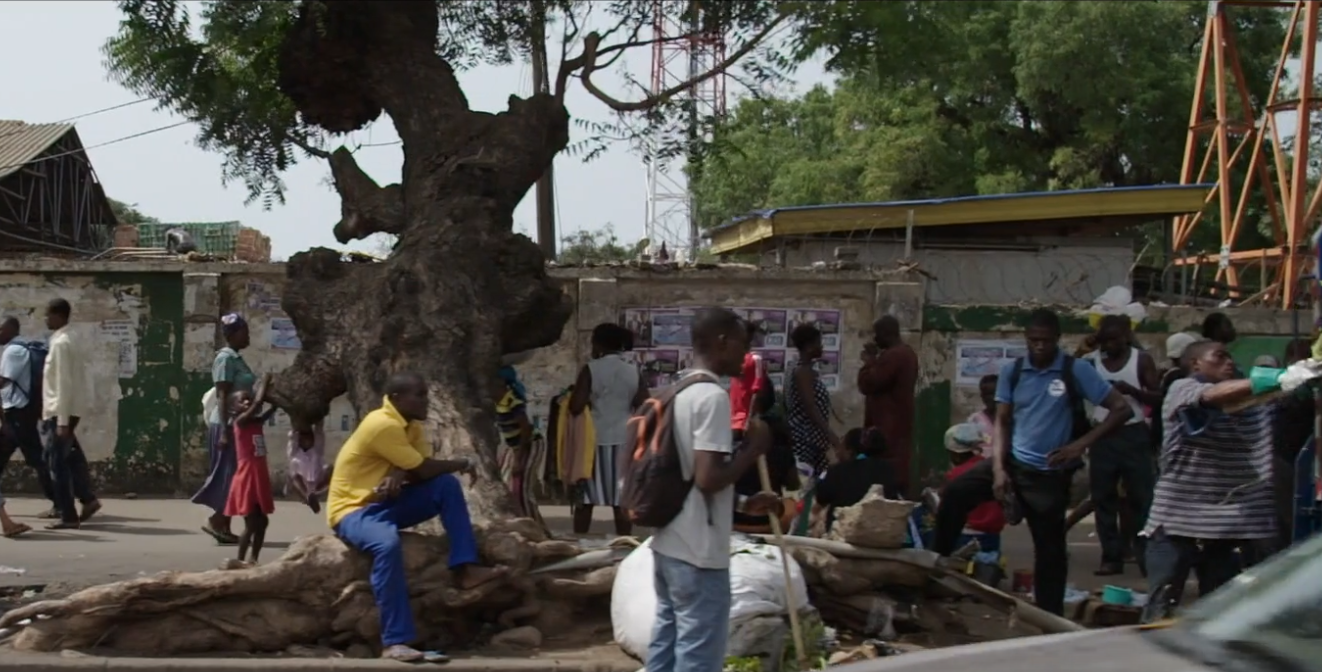The Future Requires a Politics of Relationality
At a time when the superstructures of human civilization seem terminally messed up – unable to address climate collapse, authoritarian capitalism, among many other wicked problems – I was thrilled to encounter a book that dares to imagine a fresh and compelling way forward. The book, Relationality: An Emergent Politics of Life Beyond the Human, is a big-hearted and poetic yet rigorous scholarly book.
On my latest episode of Frontiers of Commoning (Episode #68), I interviewed the three authors -- noted anthropologist Arturo Escobar and global studies professor Michal Osterweil, both at the University of North Carolina at Chapel Hill, and Kriti Sharma, a professor of critical race science and technology studies at UC Santa Cruz.

Relationality is not a treatise of policy prescriptions. It’s something more profound – an inquiry into the power of love and embodied presence as forces for liberation. It doesn’t look to politics, policy, or law as the primary levers for change, important as they are. Instead, the book confronts a more fundamental problem – our modern myths of the self and our dualistic assumptions about the separateness of everything.
The book attempts to imagine how we might emancipate our very sense of identity, as forged by capitalist modernity, by focusing on our relationships with other humans and the more-than-human world. The authors argue that we moderns can reinvent ourselves and the world on very different terms, but this quest must begin at some deeper, inner places.
They entice us into this process through poetry… trying to imagine the “mind” of seagrass as it adapts to changing environment over deep time… describing the limits of cognition as a way of knowing….and exploring the ways in which modern capitalism actively produces individualism and nonrelationality.
- Read more about The Future Requires a Politics of Relationality
- Log in or register to post comments















Recent comments